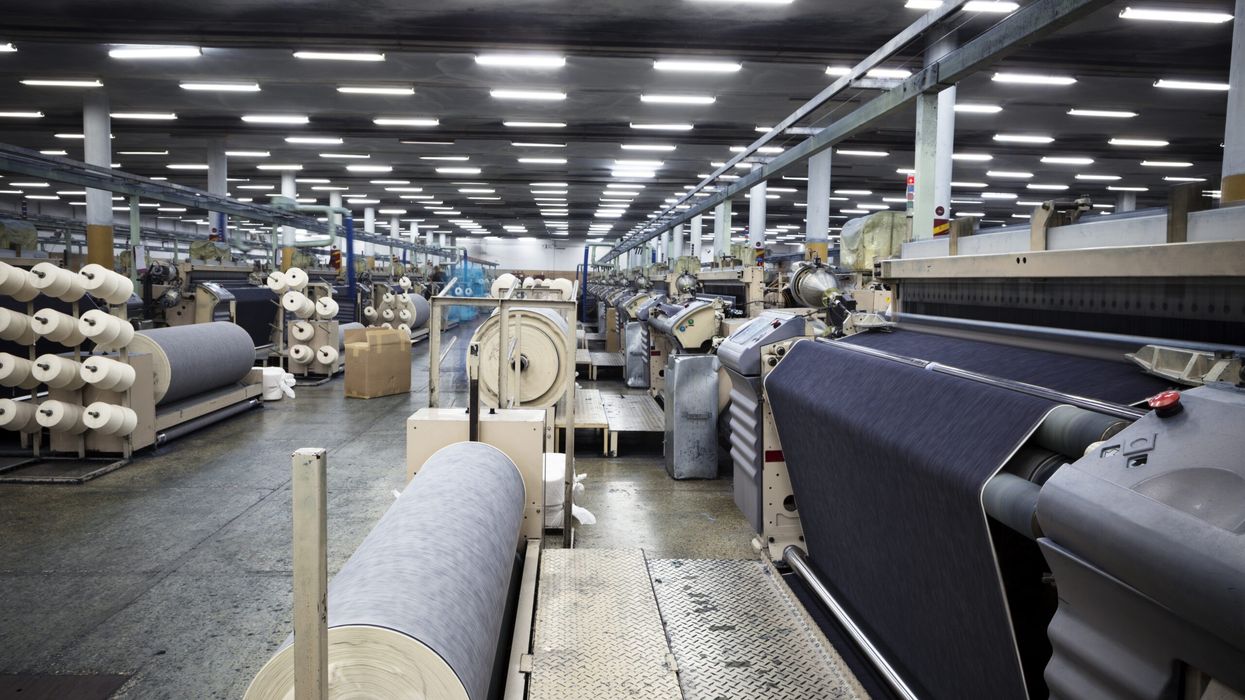INDIAN exporters expressed concerns on Tuesday (6) that the ongoing political turmoil in Bangladesh could result in a temporary shift of garment orders to India.
Despite this, they emphasised that India has no intention of taking advantage of the situation in its friendly neighbouring country.
On Monday (5), former Bangladesh prime minister Sheikh Hasina resigned and fled the country amidst widespread public unrest over her government’s controversial quota system, which reserved 30 per cent of jobs for the families of veterans from the 1971 liberation war.
The protests have led to over 400 deaths, raising significant concerns among Indian exporters about the potential impact on cross-border trade.
Mithileshwar Thakur, secretary general of the Apparel Export Promotion Council (AEPC) said that the current situation in Bangladesh is a matter of great concern for all the exporters.
"We wish that the situation stabilises quickly and normal business resumes. We are a friendly neighbour country and completely empathize with the unfortunate incidents of violent protests that are unfolding in Bangladesh," he said.
Thakur added that India has no intention or inclination to exploit this unfortunate situation in its friendly neighbouring country.
"The Indian garment industry is making serious efforts to grow RMG exports on its own, based on its merit. However, it is quite likely that in short-term garment orders may shift to India and the Indian apparel industry may be asked to fill the gap caused by this severe disruption," he said.
Ludhiana-based exporter SC Ralhan said that the political crisis in the neighbouring country will impact timely payments.
He said that normalisation of the situation would help in the smooth movement of goods.
Ralhan said that Indian firms having units in Bangladesh would face the impact.
"There would be stress on timely payments," Ralhan said.
Bangladesh is a key player in garments in the world and it imports cotton from India. It poses "significant concerns" for India's textile and apparel sector, particularly for companies operating factories in the neighbouring country, the Confederation of Indian Textile Industry said.
The domestic textile industry body believes that any supply disruption in Bangladesh will have an immediate impact on the supply chain, potentially affecting production schedules and delivery timelines of Indian firms.
"The situation in Bangladesh is indeed concerning, and we are closely monitoring the developments. Bangladesh's growth in the textile sector has been inspiring and has lent strength to the trade flows in the entire subcontinent.
"While we are concerned about the impact on the supply chain and the potential delays and disruptions it might cause, we are hopeful that the situation will improve soon," Chandrima Chatterjee, Secretary General, Confederation of Indian Textile Industry (CITI) said.
According to CITI, Indian companies with manufacturing operations in the country are likely to face challenges in maintaining their production flow, leading to delays and potential shortages in the market. This disruption could affect the availability of products and might force companies to seek alternative manufacturing solutions to mitigate the impact.
"Amid the uncertainties in Bangladesh, there is already a noticeable shift towards alternative manufacturing hubs such as a strategic move by companies to diversify their production bases and reduce dependency on a single market," CITI stated.
It observed that Indian textile hub Tirupur, known for its robust textile and apparel manufacturing capabilities, may emerge as a key beneficiary of this shift.
Bangladesh Army Chief General Waqar-uz-Zaman on Monday announced that an interim government would be taking over the responsibilities.
"Several major global brands that rely on Bangladesh for their sourcing needs will also be affected by these disruptions. Brands with significant portions of their supply chain rooted in Bangladesh may experience delays and a decrease in the availability of their products. This, in turn, could lead to a ripple effect across the global retail market, affecting inventory levels and sales," CITI said.
"The Indian industry is deeply concerned about the current events and hopes for the swift restoration of normalcy. Stability in Bangladesh is vital for maintaining the smooth operation of cross-border trade and production," CITI said. (PTI)




